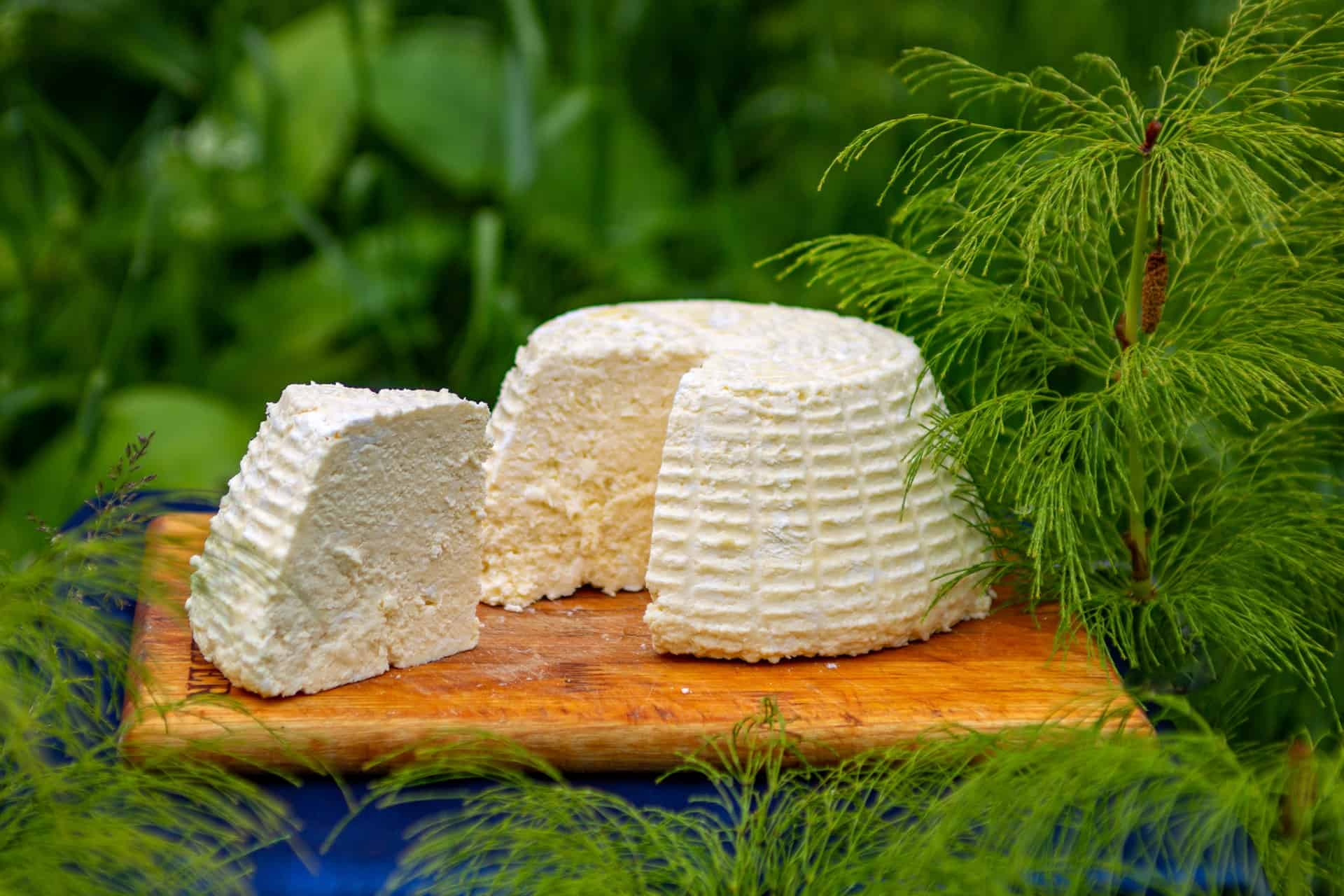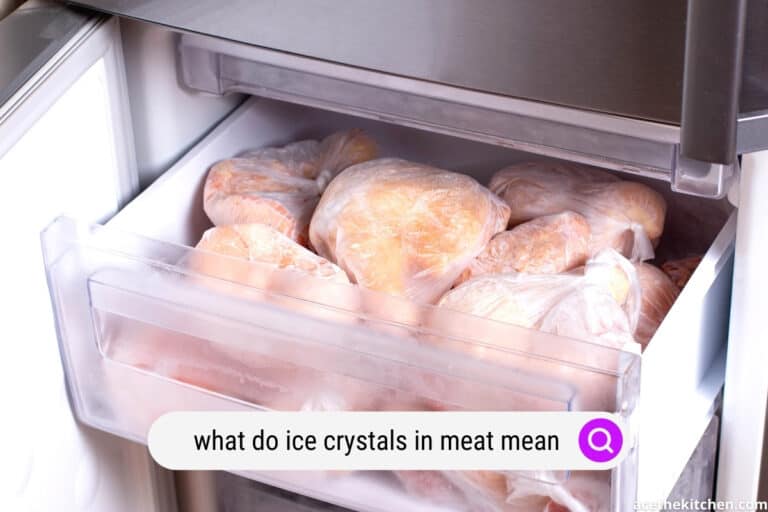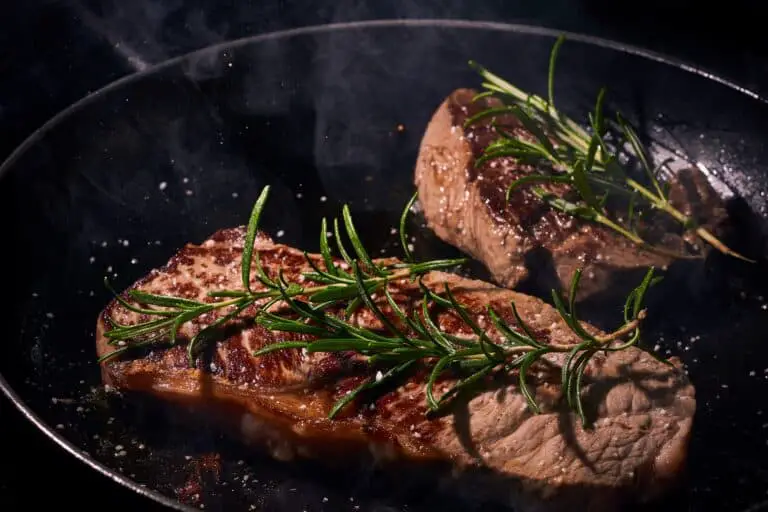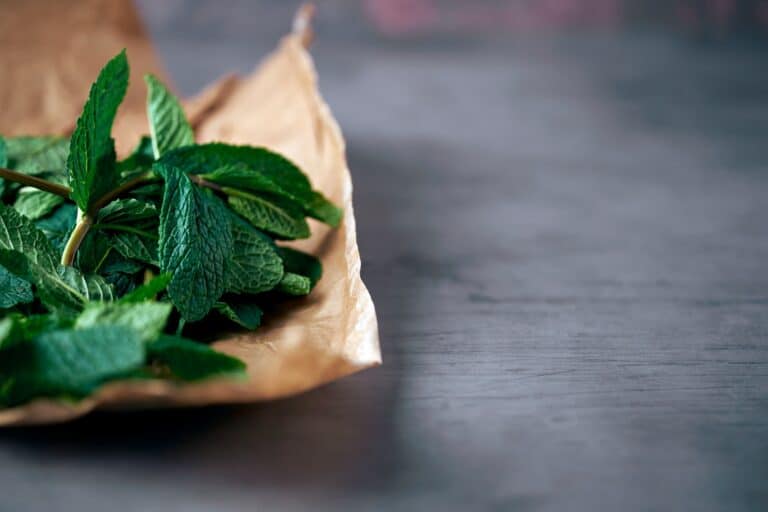How Long Does Ricotta Last For?

You may be wondering how long does ricotta last. What’s the best way to store ricotta cheese? It can be tricky, but luckily for you, we’ve put together some tips that will help. The first thing would be knowing when your favorite kind of milk-based cheeses (such as yogurt, etc) has gone bad so they don’t spoil and develop an unpleasant smell!
Let’s answer your questions
Does Ricotta Cheese Go Bad?
Yes, the dairy product can go bad. More specifically like Brie or Raclette cheeses; it is inevitable for their ragu to deteriorate after a period- especially if they have been kept at room temperature (68°F).
People rely heavily on product labels when determining whether or not their ricotta should be used anymore because many times these expiration dates may not reflect how old you’re truly able to get rid of them.

How Long Does The Ricotta Cheese
A little-known fact about Ricotta is that it’s best to keep the cheese at 40 degrees Fahrenheit or less for two hours. The optimal range for bacteria growth in general, and this type of bacteria specifically (lactose producers), are between 35 – 55 degree temperatures–so don’t let your ricottas sit around too long!
The general rule of thumb with Ricotta cheese is that if it’s been sitting around for more than two days, you should throw out the entire contents. Once your package starts smelling sour or losing its fresh flavor then don’t waste any more time!
The longer you leave your Ricotta cheese in the fridge, the more likely it is to develop a sour smell and lose its fresh flavor. So for best results, we recommend using up all of our products as quickly as possible before they start smelling or tasting odd!
How Long Can I Store Unopened Ricotta Cheese?
Cheese is a tasty and versatile ingredient. Ricotta cheese, in particular, can be used as an alternative to milk when making recipes like lasagna or pizza! One of the key benefits of this type of product lies within its ability to last up two weeks after opening – perfect if you need your dish prepared quickly from scratch without too much advance notice required on behalf directions read carefully before starting work.
If you buy too much and don’t use it within this period then there will be wasted product. Make sure none of these pesky fungi make their way into those bags or boxes from Walmart.
How Will Ricotta Cheese Last In My Freezer
You might be wondering how long you can keep ricotta cheese in the refrigerator. Freezing it will make a great difference when storing for longer periods, and if there’s no air entering its container or any other source breaking down its seal then this dairy product has been known to last up until two weeks!
The quality of Ricotta cheese steadily decreases with each day that it sits in the open. It’s best to use within a week because after this point, even if you close up your fridge and keep them fresh for an extra couple of days they will start smelling bad!
How To Know That My Ricotta Is Spoilt
When it comes to identifying bad ricotta, there are a few telltale signs. The most common of which is watery texture and mold on the surface–though other less obvious cues may also be present such as color change or intensification in flavor qualities (i.e., bitter flavors).
What does good look like? Well if your cheese has been strained until very little moisture remains then chances are you’re going to detect more creaminess than expected from these low-moisture dishes.
Let me break it down
From The Smell: Ricotta cheese has a light, milky scent when fresh and very rich. After use over time, it will start to smell bad because bacteria penetrate the container that cannot be sealed as easily at first with this deposit of sulfur gas which creates an unpleasant sour odor
The original Ricottaa did not have any particular fragrance but rather had simply been noticed for its sweet taste together with other dairy products such as yogurt or butter on bread. However, after periods where these types/variations have undergone storage conditions involving sunlight exposure (which causes photo-sensitive chemicals within their cells to break down)
You Will See Molds: You should always be on the lookout for black spots or mold in your food. If you notice anything that might indicate spoilage, such as an odor and/or water separation where there wasn’t before then it’s time to throw out everything including unmolested areas since these are likely covered with bacteria which can make people sick easily enough just by eating their product!
It Will Change Color: When you notice a change in the color of your cheese from white to yellow or brown, it’s time for an upgrade. The flavor may remain but there could be structural issues that will ultimately lead to its deterioration and therefore no longer safe consumption!
How Can I Thaw Ricotta Cheese
Thawing out frozen ricotta cheese can be tricky. You need to use either method one or two, depending on the time of year you make it and how long ago they wrapped your package:
If it’s winter (or later), then putrefaction is more likely going happen so plan accordingly by placing it in the fridge overnight if possible; otherwise, place them into cold water.
I Found Water On My Ricotta Cheese, Can I Still Eat It?
If it’s been sitting in the fridge, ingredients may separate causing swelling and separation of water from other parts of your ricotta which can result on top being appear as the gelled-like substance or even solid pieces – but don’t worry! This is perfectly safe to eat provided you stir/recombine them before using them again just like how we would with any other type of product that contains dairy products such as yogurt etc.
Final Words
Ricotta cheese is a popular Italian dairy product that can be used in many different dishes. It must however stay fresh to maintain its quality and should not sit at room temperature for more than two hours before eating or storing away as this will result in spoilage of the delicate curds which give it texture!
Popular Articles






